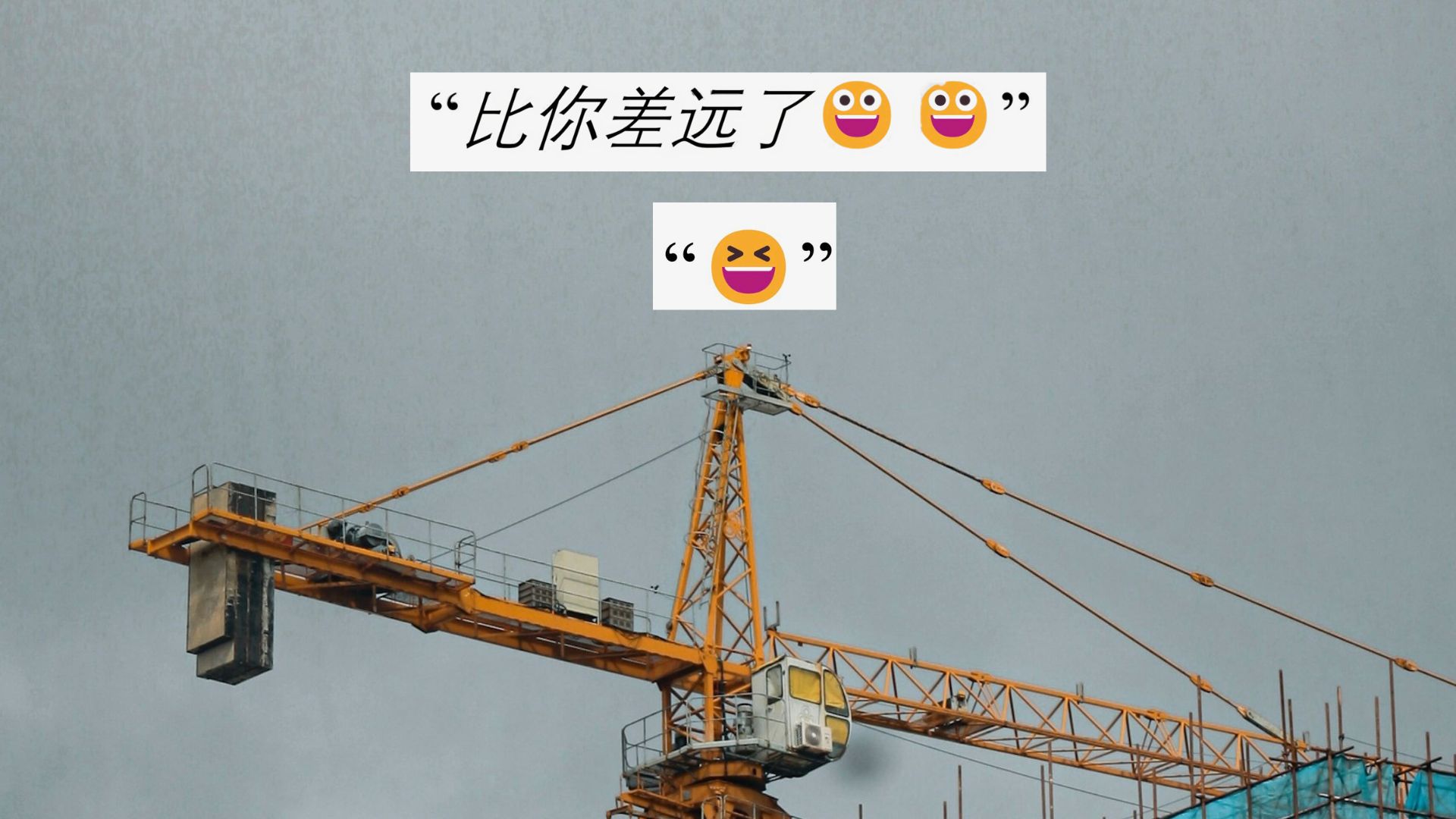The main evidence in the case came from a trail of WhatsApp messages – complete with delight and laughter emojis – exchanged between the two companies’ bosses as they planned the fraud.
Investigators from the Competition and Consumer Commission of Singapore (CCCS) found the messages when they raided the offices of local firm Trust-Build Engineering & Construction (TB) and Chinese firm Hunan Fengtian Construction Group (HFC) in 2023.
In its decision Friday, CCCS imposed a penalty of S$4.295m on TB, and S$349,350 on HFC, even though CCCS held that HFC had been the instigator. CCCS considered the firms’ turnover and other factors in calculating the penalties.
The case goes back to 2022, when the government published invitations to tender for three separate projects together worth around S$56m to expand or upgrade community centres run by Singapore’s People’s Association, a statutory board.
CCCS started investigating in July 2023 after a tip-off from the People’s Association.
Friends since 2009
Investigators raided the companies’ offices in November 2023, and found the incriminating WhatsApp messages between Mr Wang Jianjun, sole director of TB, and Mr Xing Hongyun, general manager of HFC in Singapore. CCCS found that the two men had been friends since 2009.
Their plotting started in August 2022 a day after the first of the three invitations to tender appeared on the government’s procurement portal, GeBIZ, when HFC’s Xing messaged TB’s Wang: “I want to tender [the project], can I tender it under your company?”
Four minutes later, Wang replied: “Can”.
Quid pro quo
When interviewed by CCCS, HFC’s Xing said he wanted to participate in the tender under the guise of TB because HFC planned to shut down its Singapore operations and Xing had been instructed by head office not to bid for new projects.
Xing said he wanted to help TB’s Wang win the job on account of their friendship, and because TB had a poor record of winning GeBIZ tenders.
In return, Xing hoped TB would hire another company he directed, which wasn’t eligible to bid, as TB’s subcontractor on the job.
Interviewed by investigators, Xing said HFC had faced financial problems since 2019, and that he had to find revenue from other sources to pay staff, subcontractors and suppliers.
Coordinating over WhatsApp, Xing and HFC colleagues then prepared TB’s tender submission, in which TB bid $17,576,000 to carry out the work.
That was $14,072 lower than HFC’s bid of $18,376,000. Neither bid won.
Xing and Wang repeated this pattern of collusion in the next two invitations to tender over September and October 2022.
‘Taxpayers pay the price’
CCCS said this collusion “undermined a fundamental principle of competition law, which is that businesses must act independently when determining their conduct on the market”.
Bid-rigging “eliminated the competitive pressure between the parties to submit their best offers”, CCCS added.
CCCS chief executive Mr Alvin Koh said bid-rigging “undermines fair competition, distorts the regular operation of market forces, and prevents customers from obtaining genuine and competitive offers”.
“In the context of public procurement where public funds are used, taxpayers are the ones who ultimately pay the price of such infringing conduct,” Koh said.
Subscribe here to get stories about construction around the world in your inbox three times a weekFurther Reading:
Finland investigates anti-competitive behaviour in asphalt market Concrete bosses jailed for years-long price-fixing scamBuilder fined millions after bosses’ WhatsApp chats expose bid-rigging Global Construction Review.
Read More Details
Finally We wish PressBee provided you with enough information of ( Builder fined millions after bosses’ WhatsApp chats expose bid-rigging )
Also on site :
- Death toll in Gaza rises to 54,249 as Israel continues its aggression
- 'Sex and the City’ Star, 60, Admits To Doing This To Prepare For Her New Role
- 30 Insanely Good Appetizers That Will Slay Every Summer BBQ

